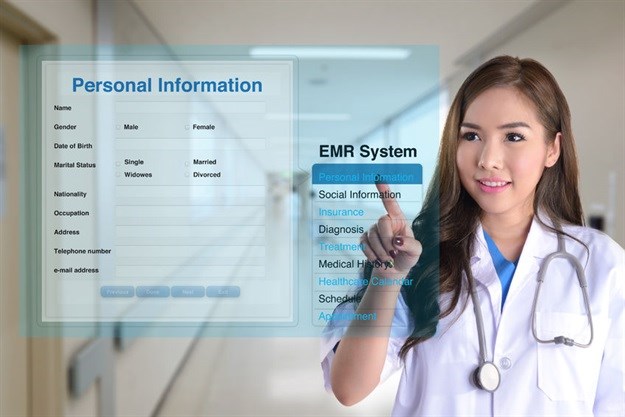South Africa has estimated a R350 billion annual health care industry, with the department of health moving towards eHealth solutions in line with World Health Organisation guidelines. However, despite the pervasive global trend towards digitisation, there is still minimal big data and Business Intelligence (BI) activity in the medical ranks which could relieve an already hampered healthcare sector.
Current business trends point to data as a supreme asset across all industries. The multi-faceted medical industry naturally lends itself to being a highly data driven sector. Keyrus South Africa’s Dr Vanessa Korb says, “While the volume of health care data is growing at an exponential rate, limited actionable insights leave healthcare organisations data rich but information poor.”
Harnessing big data
The challenge is how this information is harnessed to optimise operations and cut costs. In 2013 management consulting company, McKinsey and Company, reported a conservative estimate of a $350 to $400 billion annual health care cost saving across the United States using data analytics. Korb says, “If we extrapolate this to our increasingly burdened public health sector and the prohibitively expensive private sector, we need to continuously strive to reduce costs. We believe this can only be done by adopting healthcare analytics as a business tool.”
In general, analytics can be effectively used across the financial, operational and clinical sectors of a healthcare organisation. BI brings simple but powerful visual analytics that allow users to look at their data and make informed, real-time, data driven decisions that will ultimately transform patient care. Korb says, “Meaningful clinical and operational problems literally jump out, begging for remedial action.”
Keyrus SA (formerly BIPB South Africa) is currently working on an electronic patient management system (EPMS) which integrates all of a patient’s information into a secure, single repository. The system aims to improve the clinical care continuum through enhanced collaboration between physicians, reduced duplicate lab testing, lower risk of adverse events through more complete information and trend analysis for improved disease monitoring, all while providing a physician with remote access to the information. US studies have shown an electronic medical to reduce documentation time by up to 45%, freeing up a physician’s time for direct patient care.
“With the use of big data on the increase, it’s an exciting time for healthcare analytics. The medical industry is awash with valuable data which health care organisations can use to become more efficient and productive, ultimately providing better care for their patients,” Korb concludes.



























